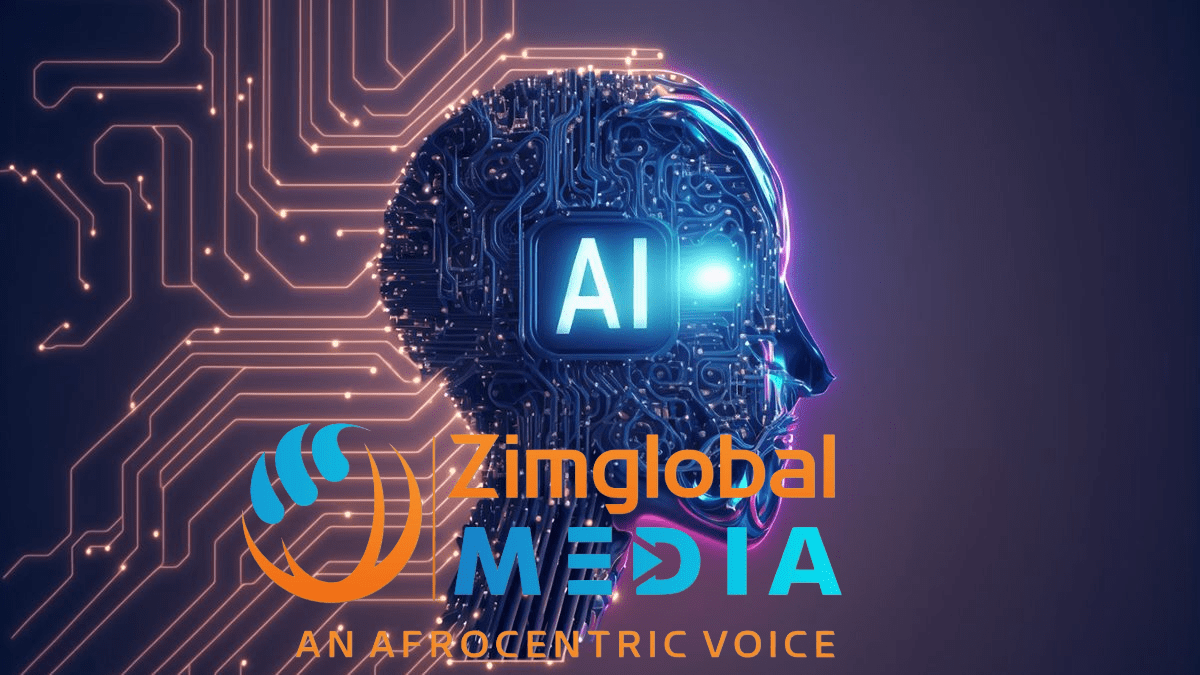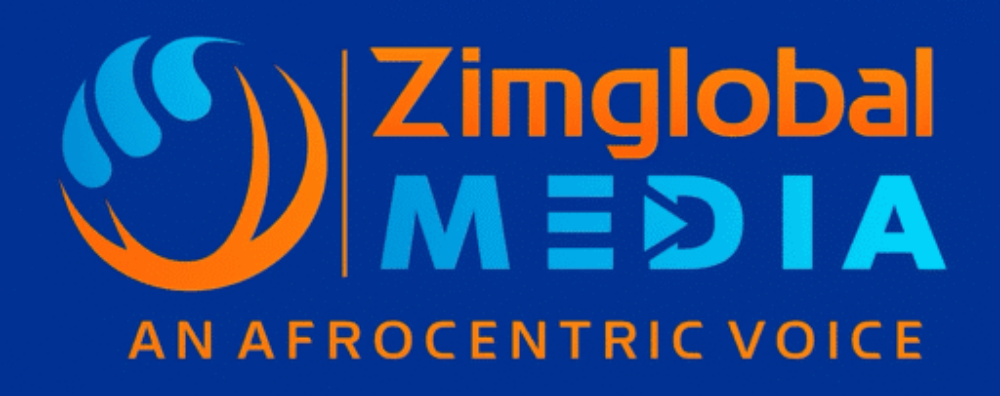Exploring the Expanding Frontiers of Artificial Intelligence
5 min read
Sci-Tech – Artificial Intelligence (AI) has become one of the most transformative technologies of the 21st century, revolutionising industries, redefining work, and reshaping how societies function.
For many people, the term “AI” is often associated with conversational platforms like ChatGPT — intelligent systems capable of understanding and generating human-like text.
Yet, the reality is far more expansive. AI runs far beyond ChatGPT, extending its influence into nearly every sector of the global economy — from healthcare to agriculture, finance, education, and creative industries.
Today, AI is not just a buzzword; it is a fundamental driver of innovation, productivity, and competitiveness.
While ChatGPT and similar large language models have popularised AI’s human-facing side, the unseen world of AI is a complex web of systems, algorithms, and intelligent infrastructure shaping decisions, automating tasks, and unlocking possibilities once confined to science fiction.
When one thinks of AI, digital assistants and chatbots often come to mind. Yet, AI’s reach is much deeper. It powers recommendation systems on platforms like Netflix and YouTube, enabling users to discover new content tailored to their tastes. It operates behind the scenes in navigation systems, helping drivers avoid traffic and optimise routes.
In banking and finance, AI-driven algorithms detect fraudulent transactions in real time and assess credit risk with unprecedented accuracy.
Even in agriculture, AI technologies are helping farmers monitor soil health, predict weather patterns, and automate irrigation — transforming traditional farming into a data-driven science.
These innovations are particularly valuable in Africa, where precision agriculture offers solutions to food insecurity and climate change resilience.
In Zimbabwe, emerging startups are beginning to explore AI-driven analytics to improve logistics, supply chains, and customer service.
As internet penetration grows, AI adoption is expected to follow suit, enabling small businesses to leverage smart tools for marketing, finance, and operations.
ChatGPT represents a major advancement in natural language processing (NLP) — the branch of AI that allows machines to understand and respond to human language.
However, AI extends into other powerful domains such as computer vision, speech recognition, and machine learning for robotics.
Computer vision enables machines to interpret and analyse visual information. It powers facial recognition systems, medical imaging analysis, autonomous vehicles, and security surveillance.
In healthcare, AI-driven diagnostic tools can identify diseases from X-rays or MRIs faster and more accurately than human specialists in certain cases.
This capacity holds enormous promise for countries facing shortages of medical professionals.
Similarly, speech recognition and audio analysis technologies — like those in voice assistants (e.g., Siri, Alexa, and Google Assistant) — allow users to interact with devices using natural conversation.
In education, this capability is being harnessed for language learning tools, real-time transcription, and accessibility features for people with disabilities.
Meanwhile, AI in robotics is enabling automation in manufacturing, logistics, and even healthcare.
Robots can now perform complex tasks, from assembling microchips to assisting surgeons in delicate operations. These technologies underscore that AI’s intelligence is not confined to text — it is multisensory, multidimensional, and increasingly embodied in physical systems.
One of the most exciting frontiers of AI is the rise of generative AI — systems capable of creating original content, including art, music, video, and design.
ChatGPT, DALL·E, Midjourney, and similar tools can generate images, poetry, essays, and even software code from simple prompts.
This fusion of creativity and computation is changing how content is produced across industries.
For filmmakers, designers, and musicians, generative AI offers new tools to enhance creativity, reduce production time, and expand artistic boundaries.
In Africa, creative entrepreneurs are beginning to use AI for storytelling, music composition, and cultural preservation. For example, AI can be trained on indigenous languages and oral traditions to help document and revive fading cultural expressions.
However, generative AI also raises questions about authorship, originality, and intellectual property.
As machines learn from vast datasets, the line between inspiration and imitation becomes increasingly blurred — prompting ongoing debate among artists, lawmakers, and ethicists.
AI’s growing capabilities are reshaping the future of work. Automation is eliminating repetitive tasks, while augmenting human performance in complex roles.
In manufacturing, AI-driven robots handle precision assembly. In customer service, chatbots manage routine inquiries, freeing human agents for more nuanced interactions. In journalism, AI assists in data analysis and rapid reporting.
Yet, these shifts come with challenges. Concerns about job displacement and inequality persist, particularly in developing economies where technological infrastructure may lag behind.
To harness AI responsibly, nations must invest in digital skills training, STEM education, and inclusive innovation ecosystems.
Zimbabwe, like many African nations, stands at a crossroads: with the right policies, AI can be a tool for empowerment, entrepreneurship, and socio-economic transformation.
Without proactive planning, however, it risks widening the gap between digital “haves” and “have-nots.”
As AI permeates more aspects of life, the need for ethical governance has become urgent. Issues of bias, transparency, and accountability must be addressed to ensure that AI systems do not perpetuate discrimination or injustice.
Since AI learns from data, biased datasets can lead to biased outcomes — a reality already observed in facial recognition and hiring algorithms.
Governments, technologists, and civil society must work together to craft regulations that balance innovation with human rights.
The African Union’s AI Strategy and various national frameworks signal growing awareness of the need for context-specific policies that reflect local values, languages, and priorities.
Ultimately, the goal is not to fear AI, but to guide its evolution toward human-centred development. As AI continues to run beyond ChatGPT, society must ensure that it runs in a direction that uplifts, rather than undermines, our shared humanity.
Artificial Intelligence is no longer a futuristic fantasy — it is a living, learning presence embedded in daily life.
From predictive analytics in healthcare to generative art in the creative economy, from smart agriculture to intelligent transportation, AI’s influence is everywhere.
ChatGPT may be the most visible face of AI, but it is only one piece of a vast and rapidly evolving puzzle.
The real story lies in how humanity chooses to use these tools — not as replacements for human ingenuity, but as extensions of it.
The challenge and opportunity before us is to shape an AI-powered world that reflects our highest aspirations: one defined by creativity, equity, and collective progress.




